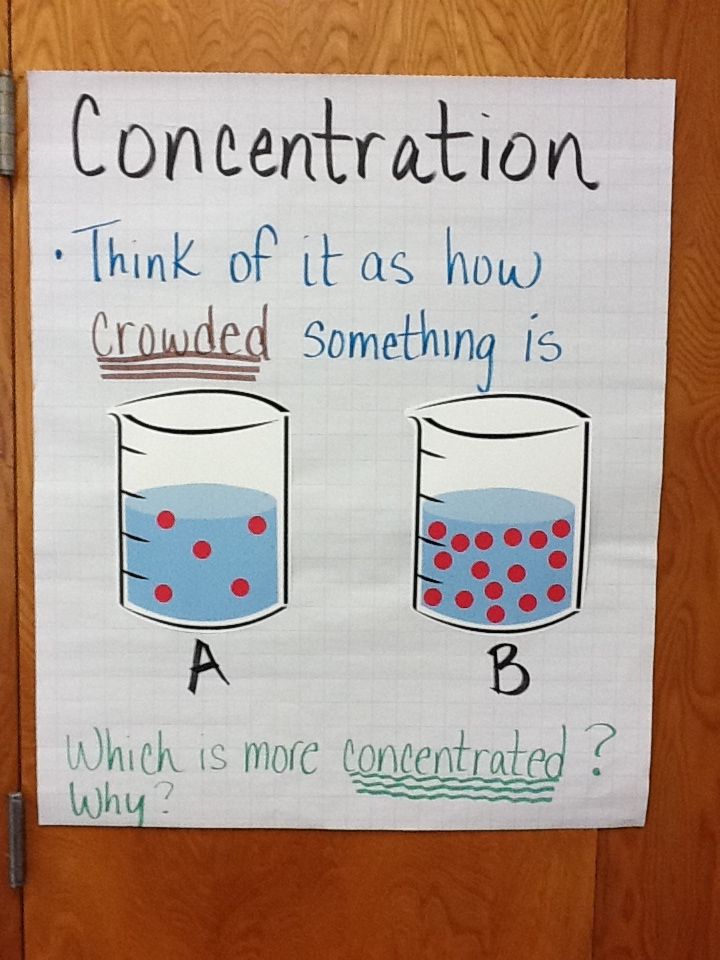Why Organizational Skills Drive Academic and Career Success-and How to Harness Them
Introduction: The Power of Organization in Achieving Success
Whether navigating the demands of school or advancing in the workplace, organizational skills are consistently identified as a key predictor of both academic achievement and long-term career success. But why is organization so critical, and how can individuals leverage this skill to unlock their full potential? This article explores the direct link between organization and success, explains the underlying mechanisms, and provides practical, step-by-step methods for developing and sustaining effective organizational habits.
How Organization Supports Academic Success
Academic environments require students to manage multiple assignments, deadlines, and competing priorities. Organizational skills help students break down complex tasks, allocate time effectively, and maintain focus-leading to improved grades and educational outcomes. A recent study found that planning and organizing skills fully mediated the relationship between motivation and student performance, meaning that motivation alone was not sufficient to drive success; it was the active use of organizational strategies that made the difference [1] .
For example, a student who uses a planner to schedule study sessions, break projects into manageable steps, and set reminders is far more likely to complete assignments on time and avoid last-minute stress. This approach not only improves academic performance but also builds confidence and self-efficacy-key factors that sustain long-term achievement [1] .
The Link Between Organization and Career Advancement
Employers consistently rank organizational skills among the most valuable attributes in the workforce. The ability to prioritize tasks, manage projects, and stay on top of commitments directly impacts job performance and professional reputation. Research shows that organizational skills are closely tied to “soft skills” like time management, adaptability, and self-control, which collectively account for up to 75% of long-term career success, according to a survey of Fortune 500 CEOs [3] .
Organizational skills also foster a sense of reliability and trustworthiness, making individuals more attractive candidates for promotions, leadership roles, and high-responsibility projects. For instance, employees who consistently deliver work on schedule, maintain orderly records, and anticipate potential challenges often become indispensable team members and are positioned for advancement [2] .
The Underlying Mechanism: Why Organization Leads to Success
The best explanation for why organization leads to academic and career success lies in its role as a mediator between motivation and achievement. While motivation provides the drive to pursue goals, organizational skills translate that drive into actionable steps, ensuring that effort is directed efficiently and effectively [1] . Without organization, even the most motivated individuals can struggle to complete tasks or meet objectives.

Source: templatelab.com
For example, in the academic context, students who value their studies but lack organizational strategies may procrastinate, miss deadlines, or overlook critical assignments. Conversely, those who organize their study environment and manage their time are more likely to achieve high academic performance, regardless of their initial motivation [1] . In the workplace, organized professionals are able to prioritize effectively, manage workload, and adapt to changing demands, which directly impacts job performance and career progression [3] .
Developing Strong Organizational Skills: Practical Steps
Building organizational skills is a lifelong process, but there are proven strategies that can accelerate improvement:
- Set Clear Goals: Begin by defining specific, measurable objectives for both academic and career pursuits. Break large projects into smaller tasks with deadlines.
- Utilize Planning Tools: Use planners, calendars, or digital task managers to track assignments, appointments, and important milestones. Consistently review and update your plans.
- Establish Routines: Create daily or weekly routines that include dedicated time for study, work, and self-care. Routines reduce decision fatigue and enhance productivity.
- Prioritize Tasks: Identify the most urgent and important activities, and tackle them first. Use techniques like the Eisenhower Matrix to distinguish between urgent and important tasks.
- Regular Review and Reflection: Set aside time each week to review progress, adjust plans, and reflect on what strategies are working or need improvement.
Academic institutions and employers may offer workshops or training on time management and organization. To access these resources, you can:

Source: cifrastih9uklibguide.z14.web.core.windows.net
- Contact your school or university’s student success or career services office to inquire about workshops and coaching.
- Ask your employer’s HR department about professional development programs focused on soft skills, including organization and time management.
- Search for online courses from established platforms such as LinkedIn Learning, Coursera, or edX using terms like “organizational skills,” “time management,” or “productivity.”
Overcoming Common Challenges
Many people struggle to develop organizational habits, often due to distractions, lack of motivation, or overwhelming workloads. To address these barriers:
- Start Small: Focus on organizing one area at a time, such as your workspace or weekly schedule.
- Minimize Distractions: Identify and reduce sources of interruption, such as social media or unnecessary meetings.
- Seek Accountability: Work with a peer, mentor, or coach to set goals and track progress together.
- Be Flexible: Adjust your organizational methods as your needs and circumstances change. Flexibility is key to sustaining long-term habits.
Alternative Approaches and Additional Resources
While traditional organizational strategies work for many, individuals may benefit from alternative approaches based on their unique learning styles or work environments. For example, visual learners might prefer color-coded calendars and charts, while others may respond better to digital reminders or checklists. It is possible to experiment with a variety of tools and methods to find what works best for you.
Some professional organizations and academic institutions offer personalized coaching or mentoring in organizational skills. If you are interested in personalized support, consider searching for “academic coaching services” or “professional organizational coaching” in your area, or consult your school or employer’s resource center.
Key Takeaways
Organizational skills are not just a “nice to have”-they are a central driver of academic achievement and career advancement. By translating motivation into structured, actionable plans, organization enables individuals to achieve more, reduce stress, and build a foundation for long-term growth. Whether you are a student or a working professional, investing in organizational skills can open doors to new opportunities and ensure sustained success in both academic and professional arenas.



